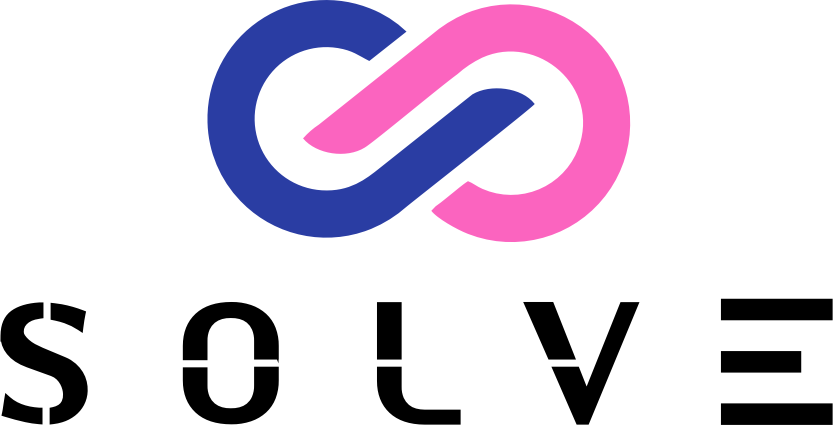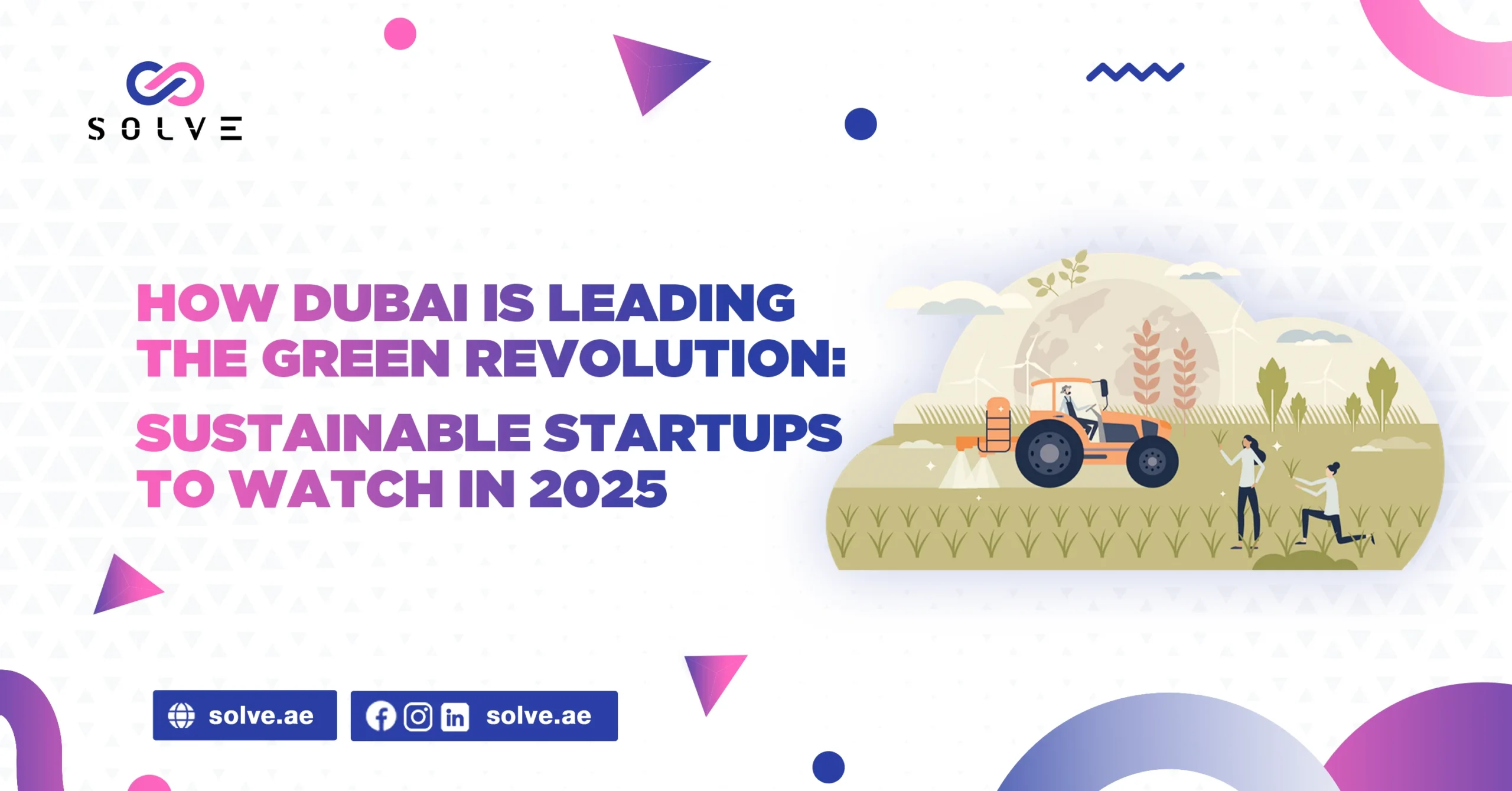- By Vanshika Choudhary
- April 23, 2025
The luxury sense and the sheer velocity at which urbanization moves, so much so that Dubai has really become the global front-runner for sustainability and green innovation. With an unaddressed urgency to act towards climate change, the far-sighted policy measures coupled with a booming startup environment and investment strategy are seducing Dubai into the eye of the green revolution. By the year 2025, the Dubai landscape would be littered with novel startups and government-sponsored initiatives of eco-conscious entrepreneurs working toward a sustainable future.
Green Vision of Dubai: Policy and Ambition
A Strategic Turn Toward Sustainability
The Dubai transformation actually carries with it the undercurrents of the UAE vision, rooted in the substrates that lay the Green Agenda 2030 and renewal by Net Zero 2050 strategies. This would mean carrying a framework for achieving aspects of economic diversification and carbon reduction, including a knowledge-rich society and a sustainable one. To further make it more explicit, Dubai has an ambitious target that by the year 2050, 75% of its energy will come from clean sources.
Government Support
Not only does one need to set targets but also to create a green ecosystem. The Dubai Government has created funding, mentorship, and networking opportunities, as well as regulations, to enable such an ecosystem environment within which green startups would ideally thrive. Public initiatives such as the Green Economy for Sustainable Development or the Dubai Clean Energy Strategy 2050 are anticipated to spur investment in renewable energy, sustainable agriculture, and green technology.
Green Trends Shaping Dubai in the Year 2025
- Renewable Energy Integration
Dubai is currently integrating renewable energy solutions in several sectors at an alarming pace. Solar and wind energy projects are now a given in the large-scale installation of solar systems by such major corporations as Emirates Airlines. For instance, the Engineering Center generates renewable energy from nearly 40,000 solar panels, which produce over 34 million kWh annually and minimize emissions by 13,000 tons per year.
- Circular Economy and Waste Management
On this new trend, technological startups are busy closing the loop of waste. Some examples are applications like Full Bin, which was early-born in Europe and then moved to Dubai and is changing the way people manage waste and track it in real-time by means of digital solutions. The city’s obsession with upcycling, recycling, and bans against single-use plastics has given birth to a new collection of startups in the circular economy.
- Green Finance
Green finance is another trend that will gradually but inevitably attract investors willing to dabble. Projects like the Majid Al Futtaim Green Sukuk, which is for $500 million in investments in renewable energy projects and green buildings, are spearheading this development. They are forcing other companies to adopt the same processes into the mainstream, which will attract international investors to Dubai for any green initiatives. check out our latest blog post on How Livestream Shopping is Transforming Online Retail in 2025
- Sustainable Mobility alongside Smart Cities
In addition to the focus on decarbonization, Dubai is also investing in green transport, electricity-powered vehicles, and even a smart infrastructure. Startups are on the move with ways through which people can travel cleanly by public transport, allocate shared mobility capabilities, and even engage in energy-efficient urbanization activities.
Startup Ecosystem: A Hotbed for Greening Innovation—Why Dubai?
Dubai is the best place for green start-ups because it offers havens for entrepreneurs in terms of access to capital, strategic terrain that makes it the gateway to the East and West, and a robust infrastructure with world-class accelerators and an active investor community.
Sustainable Startups to Watch in 2025
- Full Bin
A waste management application from Europe, Full Bin now has its regional HQ in Dubai. The app minimizes waste-hopper usage through the optimization of waste collection and recycling, using the IoT and real-time data, thus helping businesses and municipalities reduce their contributions to the landfill.
- Anywhere
A Dubai-based solar energy startup, Enerwhere, manufactures modular solar power solutions for off-grid events and constructions that occur in remote areas, thus cutting down diesel combustion and fossil fuel use and saving the environment, considered a high polluter.
- The Sustainable City
Although it’s not really a startup, The Sustainable City is one of the trailblazers of urban development in Dubai, proving its innovation in green building, renewable energy, water recycling, and sustainable mobility. Its success provokes a flurry of aspiring start-ups focused on smart city solutions and green living in the city.
- ReLoop
ReLoop is out to deliver a specialty for the circular economy: digital platforms to track and collect plastic waste for upcycling. Their business model revolves around partnerships with local businesses and government agencies in order to drive a zero-waste approach.
- Green Touch
A Brand that aims to be self-sufficient, Green Touch designs and produces clothes made of organic cotton, hemp, and upcycled materials. Tapping into the market for ethical fashion and eco-conscious consumers mushrooming in Dubai, this company appears to be heading towards success.
- EcoWise
Eco-wise is a sustainability consultancy that helps businesses to adopt ESG (Environmental, Social, and Governance) standards in Dubai, reduce their carbon footprint, and put provisions in place to comply with the newly instituted green regulations. Their advisory services are in high demand as there are more and more companies aligning themselves with the sustainability goals in Dubai.
Challenges and Opportunities
Barriers to Green Entrepreneurship
While there is an enabling environment for green startups, they sometimes have unfortunate occurrences such as regulatory difficulties, huge upfront costs, and a need for consumer education. Overcoming these, however, requires resilience, innovation, and collaboration with public and private partners, considering they are hurdles in their own right.
Opportunities for Growth
The prospects for green start-ups in Dubai are exceptionally good. The UAE is expected to be the world market with the fastest annual growth rate in renewables, outside China. The sustainable tourism market alone is expected to grow fourfold by 2033.
Long-term Effect: Economic and Environmental Benefits
Economic Diversification
Green technology investments are entering Dubai’s economy, reducing the oil and gas dependency, and creating new industries. Such a shift will result in thousands of new jobs in solar, hydrogen, and battery technology-based industries.
Environmental Gains
Due to renewable energy projects on a large scale, sustainable urban development, and green consumer trends, greenhouse gas emissions will be measurably reduced, resulting in improved air quality and public health.
A Global Benchmark
Dubai’s holistic approach, from policy to innovation to investment and education, sets a global benchmark for sustainable urban development. The journey of the city is a source of learning for cities that aspire to achieve economic growth with environmental stewardship.
Conclusion: Dubai’s Green Revolution in 2025 and Beyond
Far exceeding a mere trend, it is a complete revolution intended by visionary leadership, strong policies, and a different startup ecosystem. Momentum is certainly building up in 2025 as Dubai speeds toward its goals of sustainability by 2050. From renewable energy and circular economy start-ups to green finance and eco-friendly consumer brands, Dubai is proving that sustainability and economic prosperity can coexist very well.
Dubai is shaping up to be a place for entrepreneurs, investors, and innovators, not as a place to watch but as its very core. contact us as these grains from the green revolution germinate and take form; promises of the future are raised when Dubai stands as a model to be emulated in all-around sustainable progress for the rest of the world.




